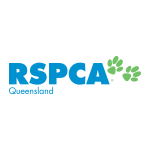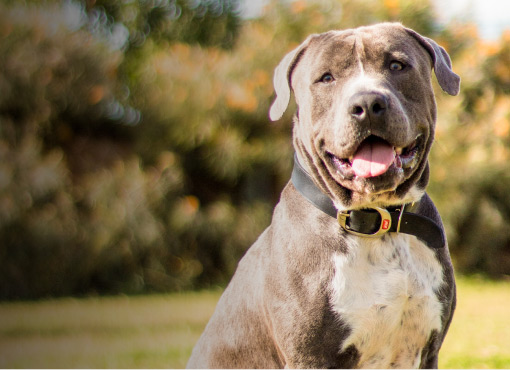Before getting a dog, cat or other pet, it’s important to consider what is involved in being a responsible owner and whether you’ll be able to meet all your pet’s needs throughout their lifetime.
Read our Smart Puppy Buyers Guide. It's full of helpful tips and questions to ask when looking for a pet as your companion.






